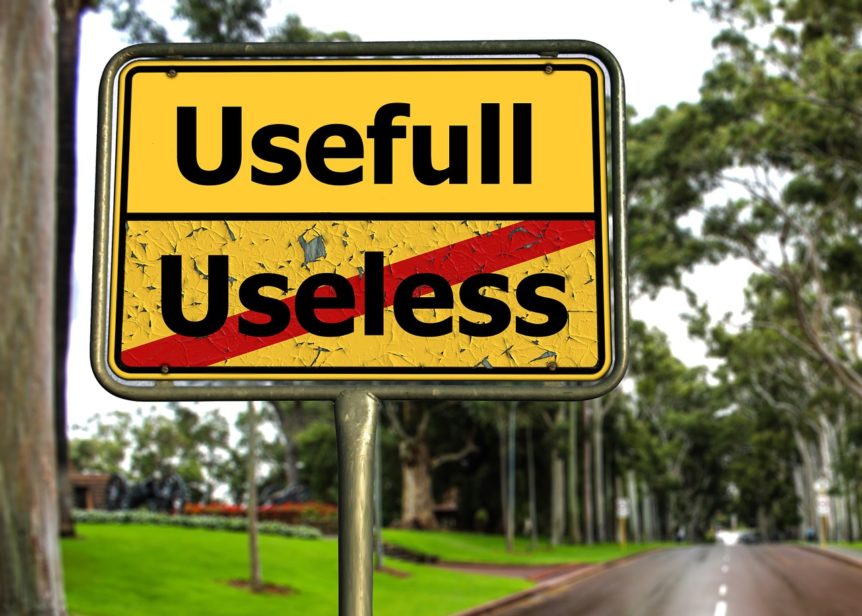Dr. Mort Orman here and this week, I’ve been focusing on different types of thinking or styles of thinking.
Not individual thoughts themselves, of which there are infinite possibilities, but rather discernable types or styles of thinking, such as negative thinking, positive thinking, scientific thinking, irrational thinking and many others.
In my first post this week, I looked at the distinction between automatic thinking and reasoned thinking.
In my second post, I focused on unconscious .vs conscious thinking.
Today, I want to reflect upon the nature of “effective thinking.”
Effective Thinking
What is “effective thinking?”
Is it actually a type or style of thinking, like positive thinking or negative thinking? I think not.
Effective thinking is more about the end-points of our thinking.
It’s about the outcomes or results of our thinking, which can be produced by many divergent, more specific types of thinking.
To me, effective thinking is like talking about high-quality thinking, or productive thinking or successful thinking, depending upon what outcome you want to produce.
So if you are a contract attorney, for example, and you want to make sure you account for all possible “worst-case scenarios,” negative thinking might be very effective way to craft the most thorough and well-planned contract.
Similarly, if you are an author of a series of bizarre children’s books, irrational thinking might be the most effective way for you to come up with brand new story lines.
The 5 Elements Of Effective Thinking
While I do think you can teach people how to think better, I’m not really sure you can easily teach people how to arrive at effective thinking as a general thinking skill or set of related skills.
But some people have tried to do it.
In 2012, for example, two teachers named Edward B Burger and Michael Starbird co-authored a book called The 5 Elements Of Effective Thinking.
They opened this book with the following quote:
“The root of success in everything, from academics to business to leadership to personal relationships and everything else, is thinking—whether it’s thinking disguised as intuition or as good values or as decision making or problem solving or creativity, it’s all thinking.”
They then went on to distinguish 5 key elements of effective thinking.
And while each of the main elements they described is interesting, I’m not sure how easily they can be taught or deployed.
Element 1: Understand Deeply
Get clear about fundamental concepts; determine what is really important; be honest about what you do know and don’t know; let go of bias, prejudice and preconceived notions.
Wow, that’s a whole bunch of thinking skills rolled into one. And they are much easier said than accomplished. In fact, the authors even say themselves, “Understand deeply is great advice, but what does it really mean? The truth is that most of us never understand anything deeply.”
Element 2: Make Mistakes
Follow one of two paths—either a) Act—Succeed; or b) Act—Fail—Adjust—Succeed.
The point here is not to be reluctant to venture out and make some mistakes (depending upon what your task is), because you can always learn from your mistakes and therefore improve your thinking skills.
Yes this is true, but is this advice really going to help you?
Element 3: Raise Questions
Don’t get caught up trying to answer the wrong questions. Find out what are the best or most important questions to ask, and then focus on those questions to produce better results.
OK, so how do you always know what the best questions are to ask? And how do you know that the questions you already have are not the right ones?
Element 4: Follow The Flow Of Ideas
Look back to understand where your current ideas come from; then look ahead to discover where they might lead.
I must admit, I didn’t follow the flow of this element much at all.
Element 5: Change
Change is the universal constant; you can always change and improve both your thinking and the outcomes it produces.
Gee thanks. I now feel sooooo much better and empowered.
Conclusion
Now don’t get me wrong, there are some very good teaching points discussed in this book.
But the subject of effective thinking, in my opinion, is much too broad, and involves far too many diverse thinking styles and thinking skills for the authors to capture them adequately.
To your health, happiness and success,
Dr. Mort Orman, M.D., International Speaker, Author And Founder Of The Stress Mastery Academy | http://DocOrman.com


